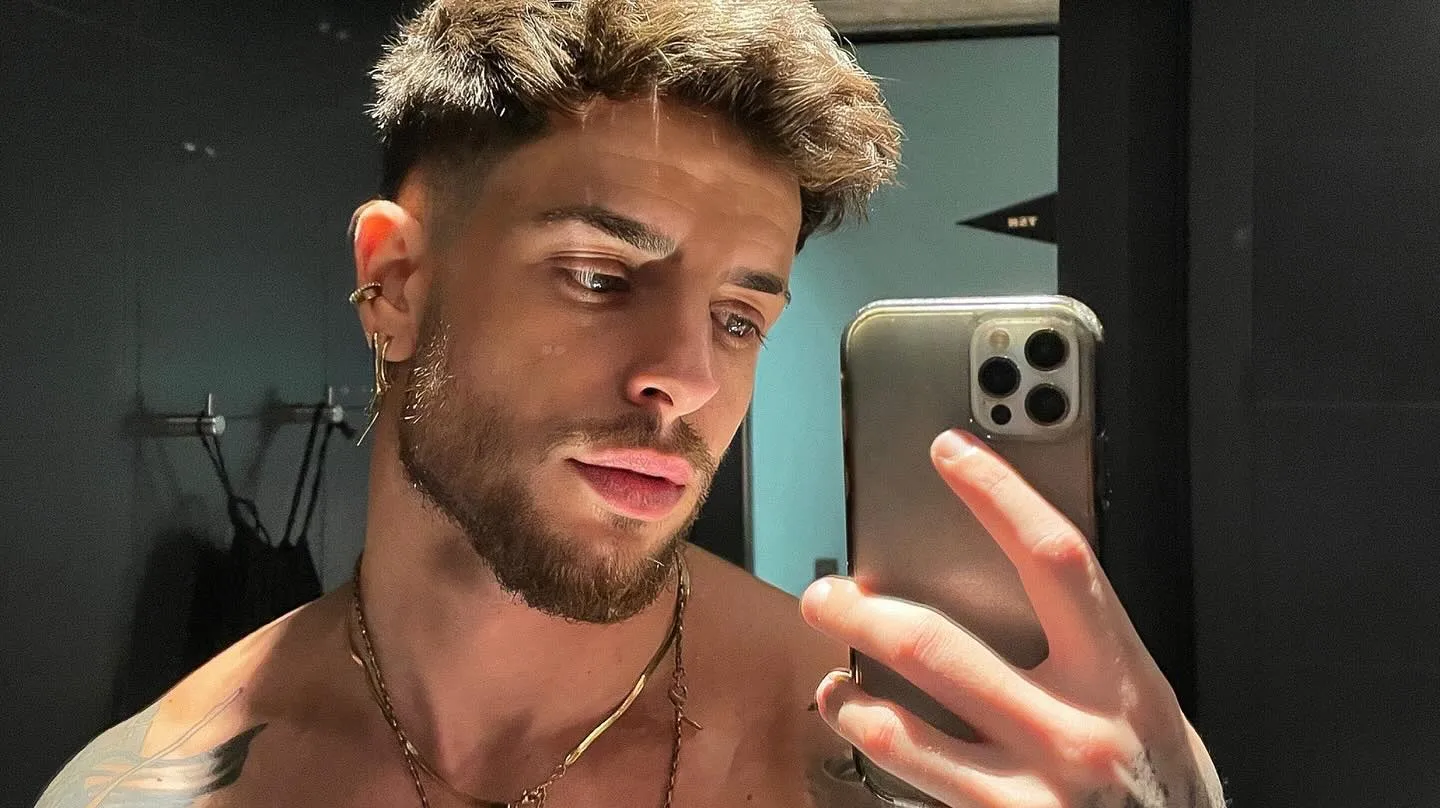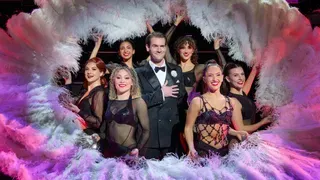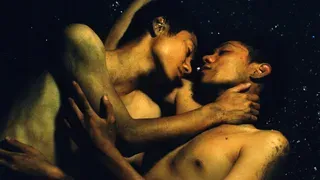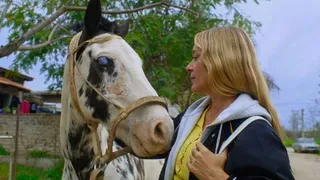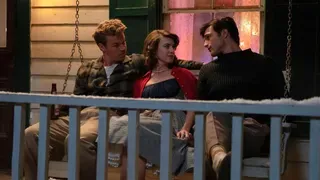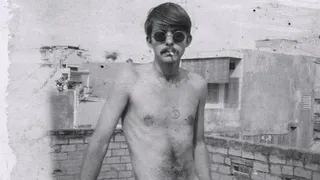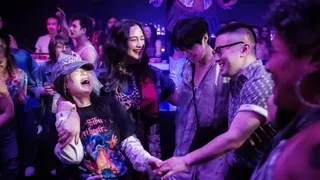July 5, 2016
Queer City
Dale Reynolds READ TIME: 2 MIN.
Now out on the film circuits around the country, "Queer City" is a fine piece of direction and editing (both by Draper Shreeve), and produced by Harry Chalfant, about LGBTQ New York City -- as important for the "straight" viewer as for "non-straights."
The word "queer" is a precise example of intergenerational tensions, with the young 'uns embracing it as their own, while their elders react negatively to the word known to them as a put-down two generations ago, not unlike young African-Americans a generation ago who embraced the controversial "N-word" as a way of freeing the concept held by white racists.
Here, "queer" is an all-encompassing defining word for lesbians, gay men, bi-sexuals and trans folk. Shreeve has put considerable weight behind his thesis that LGBT folk are much the same, defined internally by their mutual oppressions, rather than accepting the negative definitions by outsiders. His collection of interviewees runs the gamut from white male porn stars, to a butch lesbian, to an 81-year-old English art historian, to a lesbian couple and their twin (one girl, one boy) eleven-year-olds, to a black drummer and his white dancer (not explicitly gay), to a NYC Councilman, Tom Duane (profiled by this writer during the 2000 Democratic Convention in Los Angeles), to a glorious bi-female, Mr. Pam, apparently a famous gay-porn director. She is the giddiest of the lot, with very sensible attitudes regarding the sexual continuum as she gets three gay men ready for an explicit (and unseen) sexual tryst. And Eric, the Haitian-American Trans, who is guided by his spirituality and his protectively hard-assed mother.
Shreeve has, it would seem, decided to explore the full range of Queerness in America's hippest city. And, as such, he succeeds mightily, with sensitive questions for his interviewees, full close-ups on them, conducted with humor and compassion: The larger profile of a Puerto Rican butch, who tells us tales about loving her lesbianism as much as she loves her body, not wanting to physically become a man even as she dresses and acts like one, quietly eye-opening; the printing on a tee-shirt at a gay male strip club, "Everyone on Stage is For Sale"; the middle-class Brit/American lesbian couple who met at Yale and are raising their two children as normally as any Apple Pie ideal (both children do confess to wanting a Dad somewhere in their lives, but not at the expense of not having two mommies).
All the way through the 85-minutes Shreeve keeps surprising us with his fresh insights into just what Queer New York is, without expanding it to a larger look at Queer America (ideally his next film). Beautifully photographed, it's a strong look -- cursorily as needs-be in a non-Ph.D. thesis -- at what is this day, amid the ever-changing status, legally, socially and culturally, a new chapter in LGBTQA lives.
This is worthy of any awards it receives.
